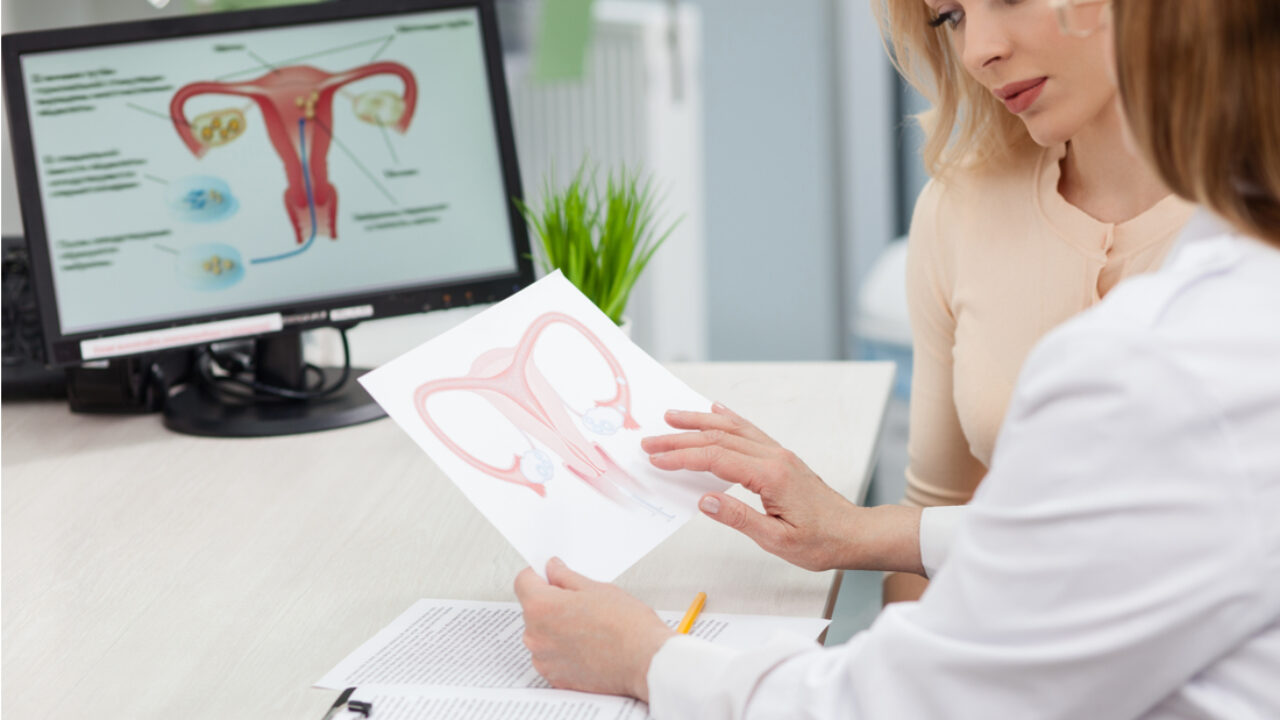Understanding Polycystic Ovary Syndrome (PCOS) might seem daunting. Yet, it’s a journey you don’t have to face alone. The expertise of seasoned professionals – like Dr. Peter A Khamvongsa – serves as a beacon in the fog. This guide aims to shed light on PCOS. It cuts through the jargon and offers clear steps. It’s a guide written by obstetricians and gynecologists, for you. It’s your companion on this journey. It’s your roadmap to navigating PCOS.
What is PCOS?
PCOS is a health condition. It affects one in ten women of childbearing age. Women with PCOS have a hormonal imbalance and metabolism problems. This can affect their overall health and appearance.
Symptoms of PCOS
PCOS is a sneaky condition. It often goes undiagnosed because symptoms can seem unrelated. Here are some signs to look out for:
- Irregular periods
- Heavy bleeding
- Excess hair growth
- Acne and oily skin
- Weight gain
- Darkening of the skin
- Headaches
Diagnosis of PCOS
A diagnosis of PCOS occurs when a woman has at least two out of these three key features:
- Irregular or absent periods
- High levels of male hormones
- Polycystic ovaries
A blood test can detect high levels of male hormones. A pelvic ultrasound can show if your ovaries are polycystic. It’s important to see a healthcare provider if you have any of these symptoms.
Treatment of PCOS
There is good news. Treatment can manage and reduce these symptoms. It’s not a one-size-fits-all approach. Treatment options vary based on your symptoms and if you want to get pregnant.
Some common treatments include:
- Birth control pills to regulate periods
- Metformin to control blood sugar
- Statins to control high cholesterol
- Fertility treatments if you want to get pregnant
Living with PCOS
Living with PCOS is not easy, but it’s doable. It’s about lifestyle changes. Healthy eating and regular exercise can help manage symptoms.
It’s crucial to have regular check-ups. This helps monitor your health. It ensures your treatment plan is working. It’s also important to manage stress. Activities like yoga and meditation can help.
This guide is just the start of your journey. It’s a living document, shaped by the expertise of obstetricians and gynecologists. It’s here to serve as a support in your journey. Remember, you’re not alone in this. There are resources and people – like Dr. Peter A Khamvongsa – willing to help you navigate PCOS.
